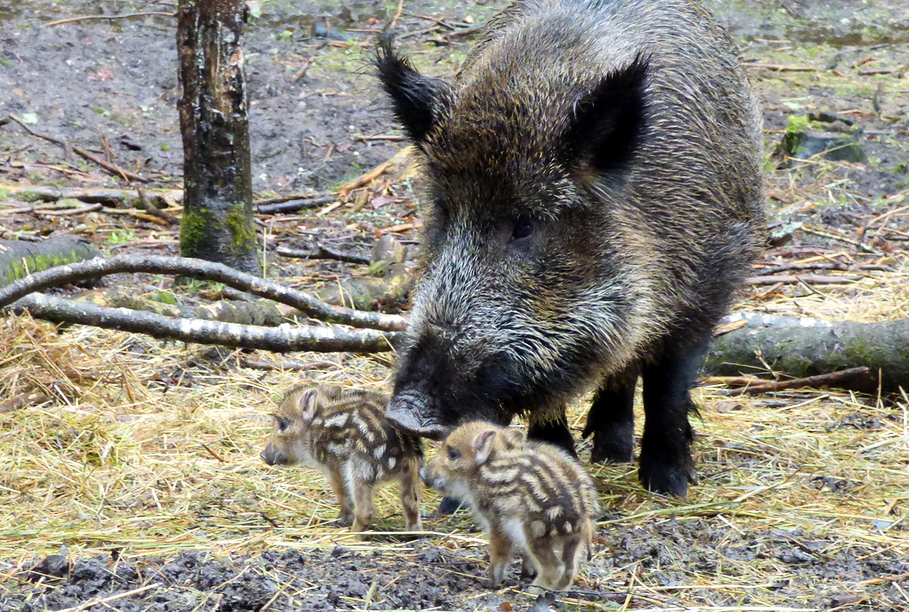According to Riga Regional Forestry service engineer Raimonds Fridvalds, the boar do not usually roam beyond a 15-20 kilometer radius from where they live.
The traps are considered to be the most humane way of capturing the animals alive. The experts are also mulling ways to try to catch entire herds, including the piglets, all at once, with the help of local hunters’ clubs. Moreover, tranquilizer darts carry the risk of not being effective in the summertime, when the animals’ hides are thicker and harder to penetrate.
The committee has named the Daugava forestry district near the suburban village of Tīnūži as a prospective site for relocating the urban boar. It also plans to mark the evicted boar to track their subsequent behaviors.
Only upon returning to work after the midsummer holidays will the committee actually start processing the necessary documents leading up to the trapping and relocation project, which could take up to two weeks at least before any work in the field can begin.






























